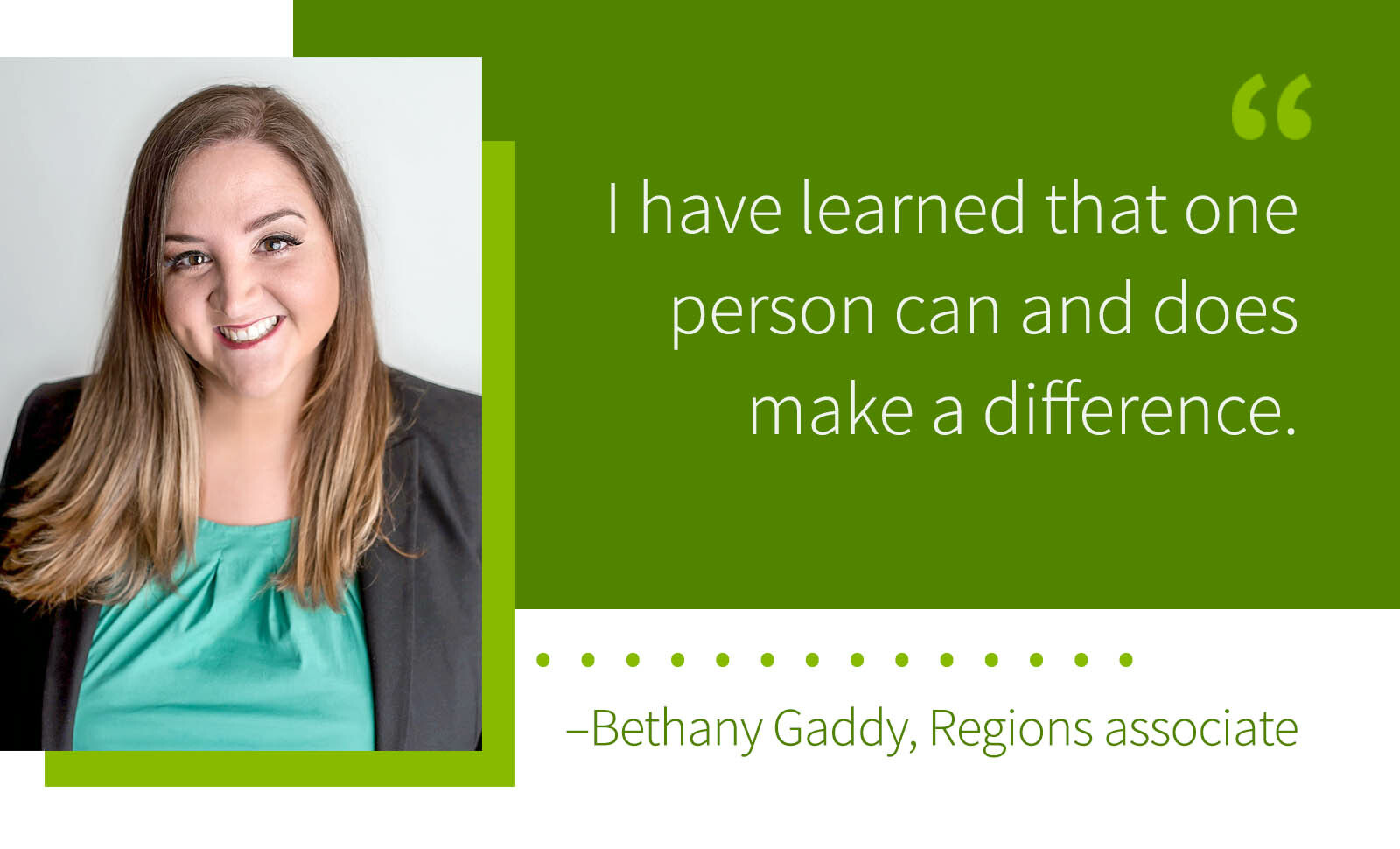“The stories I could tell you about how brave these people are.”
When Carolyn Wilson describes her heroes, they’re not literary characters in the books she reads. They’re the adult students she’s teaching to read them.
Since 2016, Wilson has been helping people in their 50s, 60s, even their 70s learn to read as a facilitator with the Literacy Council of Union County in El Dorado, Arkansas. It’s her latest chapter following careers as a teacher and a lawyer.
“I lasted four months after I retired,” Wilson recalled. “I thought, ‘I’ve got to get out of the house. I have to find something to do.’”
A believer in lifelong learning – she began her law career in her early 40s – Wilson was first a volunteer tutor before taking on the part-time staff role, working with 12 students each week.
The Literary Council provides tutoring and all supplies at no cost to students.
“Learning to read as an adult is a long, slow process,” she said. “It takes years. We learn word by word, letter by letter. We tailor every session to the student.”
Regions Private Wealth Management associate Bethany Gaddy discovered the Literacy Council through United Way of Union County. The nonprofit is a United Way partner agency.
“I became involved in 2017 after moving to El Dorado and joining the United Way board,” explained Gaddy. “In 2019, I served as vice president and then board president in 2020.”
Supporting literacy programs is personal for Gaddy. She has a family member with dyslexia and has seen the challenges it’s presented.
“The school he attended didn’t have the budget to teach literacy for students with dyslexia, and now, as an adult, he struggles to find employment,” Gaddy said. “His experience and the impact the Literacy Council makes in our community are what drive me to share their mission and raise awareness about the important services they provide. I’m also committed to helping them gain funding support through United Way and by personally donating.”
That support includes a $3,500 contribution Regions Bank is making to United Way of Union County, benefitting various partner agencies.
Wilson said employment hurdles are just one of many challenges encountered by people who cannot read.
“It affects everything from ordering off of a menu to taking a driving test,” she said. “People who cannot read have learned to enlist coping mechanisms to navigate around illiteracy. If they’re at a restaurant, they’ll let someone order first and say, ‘I’ll have what he’s having.’”
Those coping mechanisms help with overcoming the stigma associated with illiteracy.
“I’ve had students tell me they feel embarrassed, ashamed, looked over and less than,” said Wilson. “They may think they’re stupid or slow, but that’s not the case at all. They are determined, so I am determined.”
Wilson and her students proved it during the pandemic. They couldn’t meet in person to read together. The solution? Conducting literacy sessions by landline telephone since many students don’t have cellphones with visual capabilities.
Wilson called each student to share how their tutoring would continue with weekly 60- to 90-minute sessions by phone.
“To me, it didn’t seem unreasonable to carry on,” she said. “It was a no-brainer. I couldn’t let them lose what they’ve worked so hard to gain.”
For six months, those sessions happened like clockwork.
“Bless them, they were stuck with me,” said Wilson. “I wasn’t going to abandon them. I credit their dedication.”
Wilson’s dedication serves as an example that inspires Bethany Gaddy in her commitment to serving the community.
“Through my volunteerism, I have learned that one person can and does make a difference,” said Gaddy. “We don’t have the luxury of standing aside and leaving the work to others. I encourage people to find whatever passion they have and give back in that field because we can only make things better when we work together.”

The Literacy Council has installed safety features allowing students to get back to learning in-person.
“I told them, ‘It’s time to come back now,’” Wilson said. “And I work with their schedules. I’m privileged to make my time fit theirs.”
And the phone tutoring still shapes the sessions.
“I think the pandemic taught me how important the visual is related to reading,” she said. “It reinforced what I needed to be doing. It also reminded me I really like to teach. I love the one-on-one trust you build between people.”
Also being built? Confidence and a thirst for knowledge.
“In the beginning, we learn to read, but as we get older, we read to learn,” said Wilson. “I’ve watched our students develop better self-esteem and make discoveries about themselves.”
Such as how brave they truly are – and how that bravery leads to success.